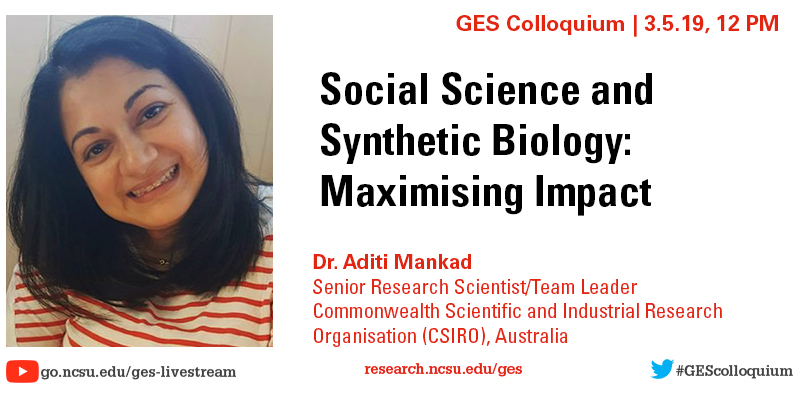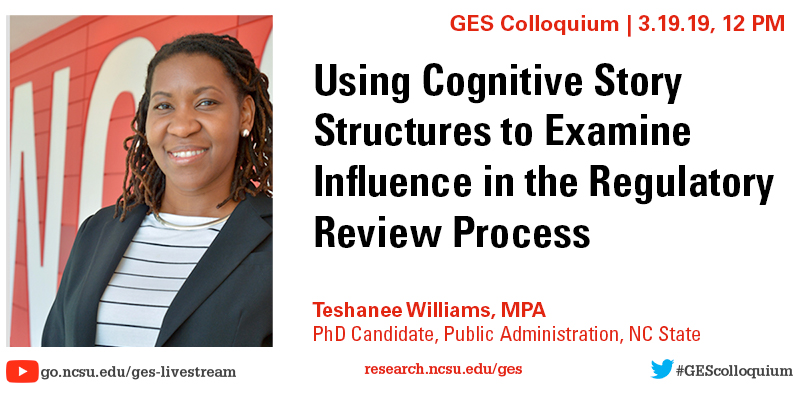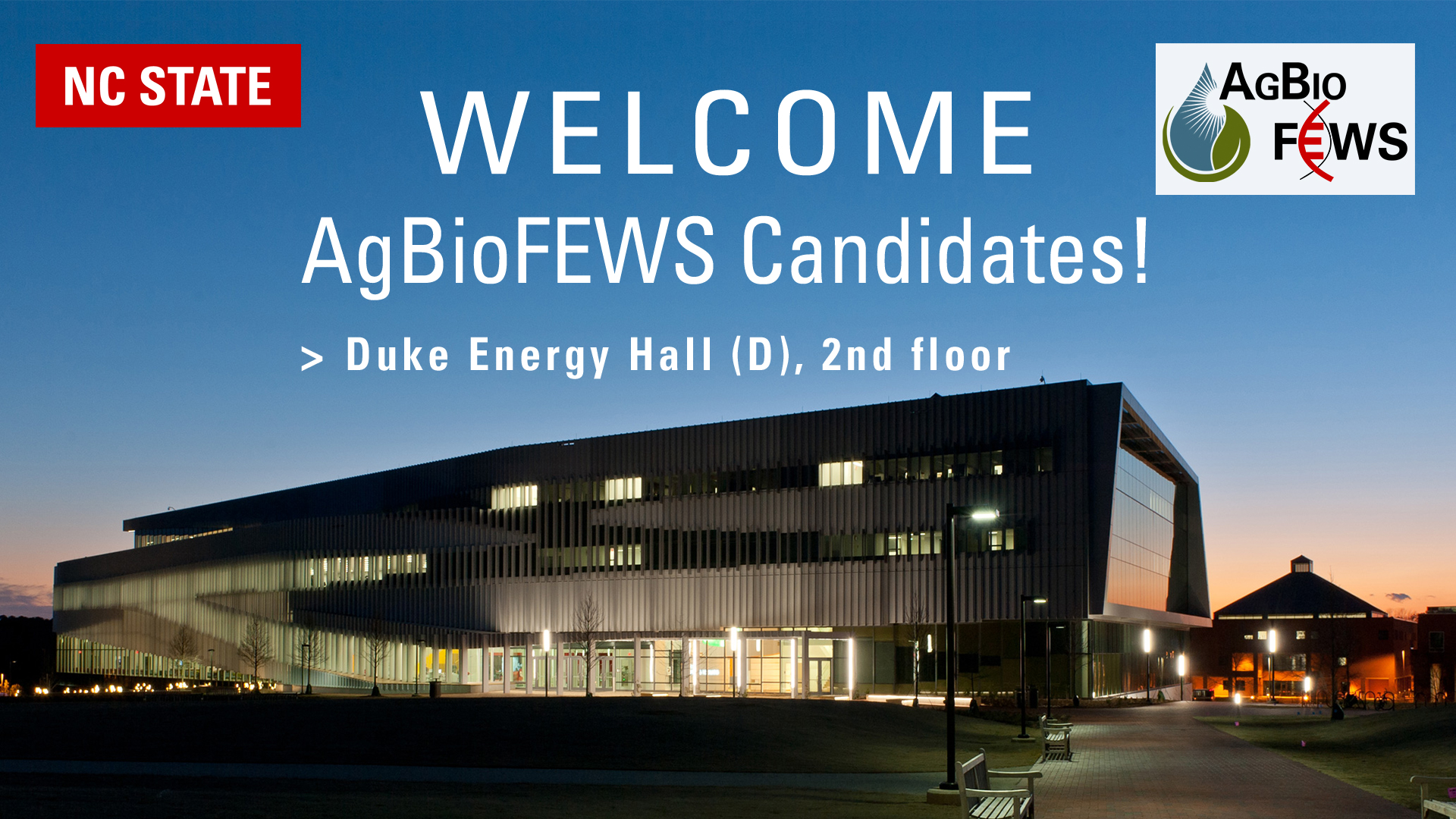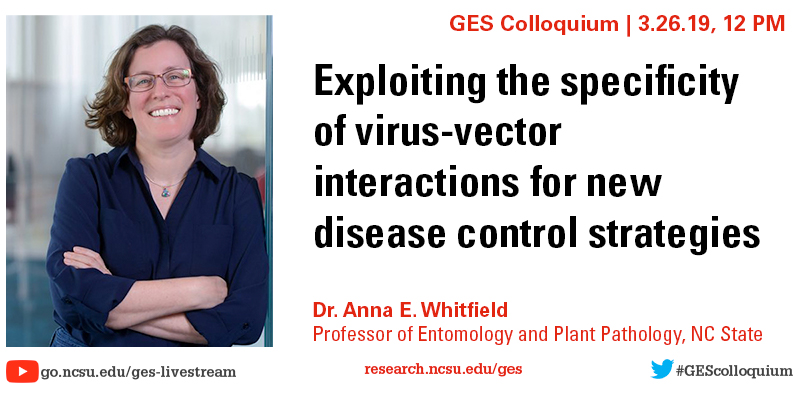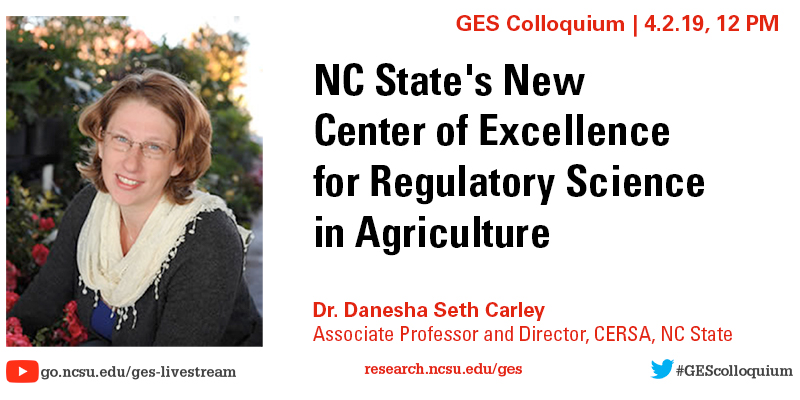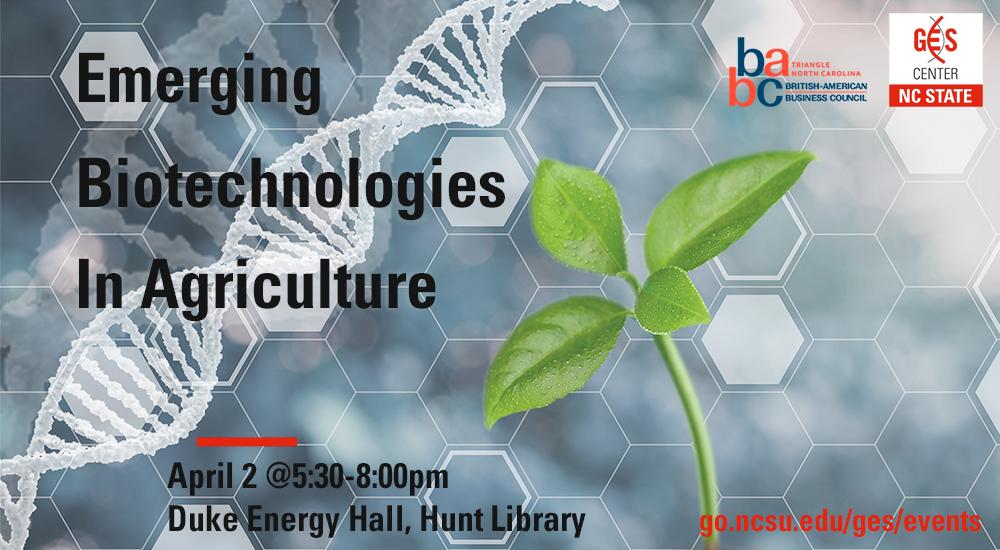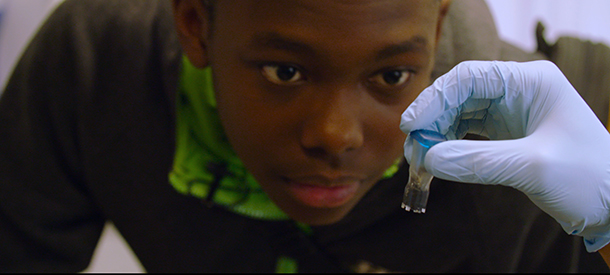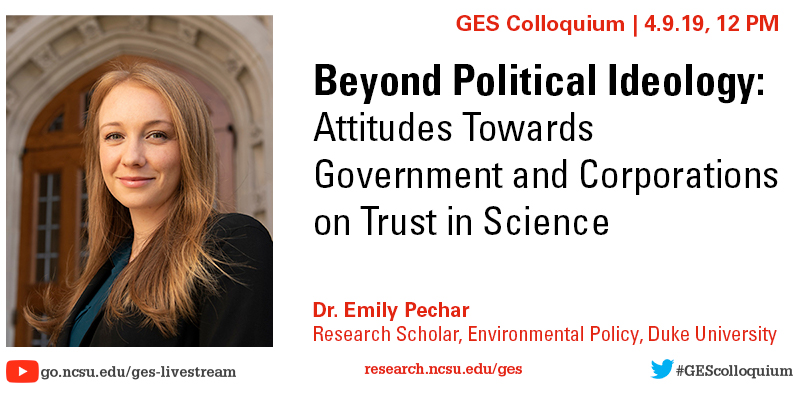GES Colloquium | Aditi Mankad – Social Science and Synthetic Biology: Maximising Impact
1911 Building, Room 129 (North Campus) 10 Current Dr., Raleigh, NC, United StatesGES Colloquium, 3/5/18 - Aditi Mankad - Social Science and Synthetic Biology: Maximising Impact | This talk will provide an overview of Australia's investment into synbio via the Synthetic Biology Future Science Platform (SynBio FSP) and how the social science application domain plays an important and integrative role in the future development of synbio technology in Australia.
